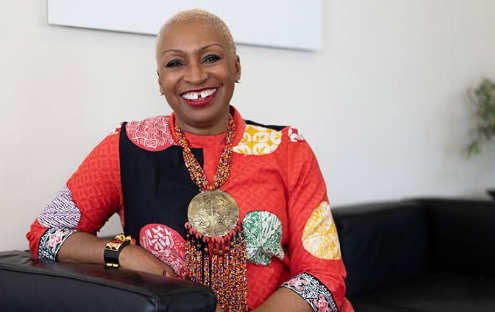By Joke Kujenya
NIGERIA IS on the brink of a historic leadership transition in its judiciary, as the Supreme Court’s most senior justice is set to assume the role of Chief Justice of Nigeria (CJN).
This anticipated appointment will make her the second woman in the nation’s history to hold this prestigious position, following Justice Mariam Aloma Mukhtar’s tenure from 2012 to 2014.
The current CJN, Justice Olukayode Ariwoola, will retire on August 22, 2024, upon reaching the mandatory retirement age of 70.
With Justice Kekere-Ekun extensive judicial experience and seniority, she is widely favoured to succeed Ariwoola and is expected to lead the judiciary for up to four years, a notable tenure compared to her predecessors.
Born on May 7, 1958, Justice Kudirat Kekere-Ekun has spent over 11 years on the Supreme Court, making her well-prepared to oversee Nigeria’s judiciary and lead the National Judicial Council (NJC).
Her career, marked by steady progression through the ranks of Nigeria’s legal system, began with an LL.B from the University of Lagos in 1980 and an LL.M from the London School of Economics in 1983.
She was called to the Nigerian Bar in 1981.
Her judicial journey started as a Senior Magistrate in Lagos State in 1989, followed by her appointment as a High Court Judge in 1996.
She chaired the Robbery and Firearms Tribunal in Lagos until 1999, before being elevated to the Court of Appeal in 2004.
By 2013, she had reached the Supreme Court, becoming its fifth female justice.
As CJN, she will also head the NJC, responsible for the appointment, promotion, and discipline of judges across the country.
This leadership change comes during a period of intense scrutiny on Nigeria’s judiciary, particularly since the return to democratic rule in 1999.
The smooth succession anticipated with her appointment offers hope for stability within the Supreme Court, which has experienced several controversial transitions in recent years.
Justice Kekere-Ekun is also a life Bencher and has served as the president of the International Association of Women Judges.
Her appointment as CJN symbolizes not only a personal milestone but also a broader achievement for women in Nigeria’s legal profession.
The Supreme Court’s decisions, as the highest court in the country, are final, and the CJN plays a critical role in shaping the judiciary’s future.
The president nominates the CJN based on the NJC’s recommendation, subject to Senate confirmation.
The CJN holds office until they turn 70, resign, or are removed through impeachment by the Senate.
With this new chapter in Nigeria’s judiciary, the incoming CJN is expected to bring a period of continuity and progress, building on the foundations laid by her predecessors.
At JKNewsMedia, our dedication to delivering reliable news and insightful information to our cherished readers remains unwavering. Every day, we strive to provide you with top-notch content that informs and enlightens. By donating to JKNewsMedia, you directly contribute to our mission of delivering quality journalism that empowers and informs. Your support fuels our commitment to bringing you the latest updates and in-depth analysis. Let's continue to uphold the highest standards of journalism and serve our community with integrity and dedication. Thank you for being a part of the JKNewsMedia family and for your ongoing support.





